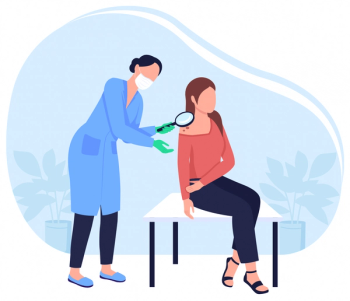
Melanoma is responsible for 80% of skin cancer deaths.

Melanoma is responsible for 80% of skin cancer deaths.

The increasing economic burden of treatment may impact patient outcomes.

The goal of the financial counselor is to identify available funding for patient care in a timely manner, but the sheer number of resources and variables involved results in a long, tedious process.

Chemotherapy-induced nausea and vomiting can impact patients’ treatment outcomes.

More transparent drug pricing could improve patient care.

The FDA looks to address a lack of diversity in cancer drug trials.
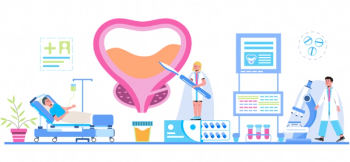
Bladder cancer risk increases with age and is more common among men than women.
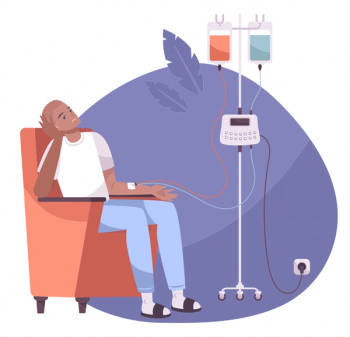
Modern technology is crucial to the provision of home infusions.

The cancer care system lags in comparison to other chronic health conditions in this key area.

Although marginal zone lymphoma is relatively rare, it contains a broad spectrum of conditions under it that require an individualized treatment selection process.
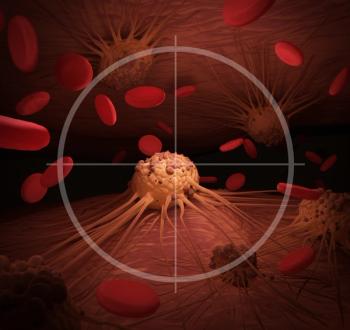
Experts reviewed the efficacy and safety of the recommended treatment regimens and discussed which treatment strategy they would recommend for their patients.
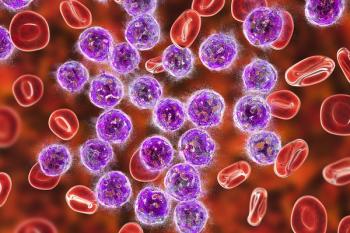
Pharmacists have an important role in the optimization of AML therapies.

Advancements in genomic and mutational analysis show that up to 60% of adenocarcinomas and up to 50% to 80% of squamous cell carcinomas (SCC) have a known oncogenic driver mutation.

Timely access to cancer treatment improves patient outcomes.

As some of the nation’s leading pharmaceutical and biotech giants ramp up product development and commercialization, what was once a futuristic concept has become a reality.
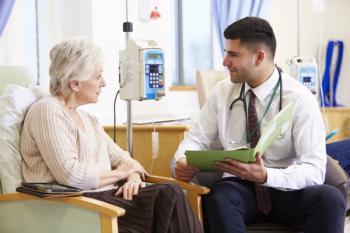
Oncology pharmacists play a significant role in clinical pathways.

Underserved populations with limited access to medical care continue to be disproportionately impacted by certain cancers.